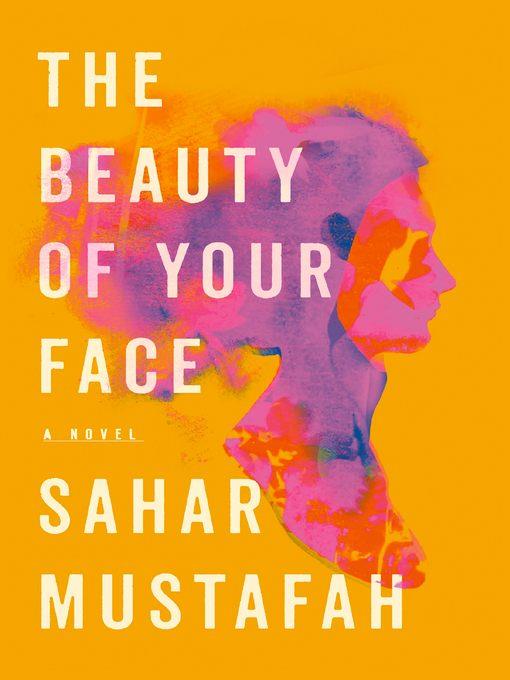
The Beauty of Your Face
A Novel
کتاب های مرتبط
- اطلاعات
- نقد و بررسی
- دیدگاه کاربران
نقد و بررسی

February 15, 2020
As a shooter makes his way through a Muslim girls' school, a woman thinks back on her life. Afaf is 10 when her older sister disappears. Her parents, Palestinian immigrants, are devastated, her mother especially. They and Afaf and her younger brother, Majeed, struggle to maintain a life, and while Afaf's father turns increasingly to alcohol, Afaf herself, as she becomes a teenager, turns to boys. It takes a car crash to spring them out of their self-destruction. As they turn toward faith, Afaf and her father find comfort and community in the Islamic Center of Greater Chicago, but their problems at home seem to multiply. Mustafah's (Code of the West, 2017) novel is frequently moving, especially in her depictions of Afaf's inner state. The sections of the book that describe Afaf's early life are especially vivid. But these passages alternate with shorter chapters set in the present day, when an older Afaf now serves as principal of a Muslim school for girls. Over the course of a morning, a shooter makes his way through the school, rifle in hand. In these chapters, Mustafah switches from Afaf's point of view to the shooter's, making every effort to understand his interior state and the life that has led him to his actions. But unlike Afaf and her father, the shooter feels like a stock character, and his chapters, though suspenseful, become unwelcome interruptions to the novel's main action: the slow unraveling of a single family. That's where this book's heart seems to be. At times, the novel feels almost like two separate stories jammed together.
COPYRIGHT(2020) Kirkus Reviews, ALL RIGHTS RESERVED.

February 24, 2020
Mustafah’s arresting debut about a mass shooting at a Muslim girls’ school grapples with issues of faith, identity, hatred, and forgiveness. Afaf Rahman, principal of a Muslim girls’ school outside Chicago, is in the middle of her morning prayer when sounds of the school’s choir practice are drowned out by gunfire. Mustafah then jumps back to Afaf’s teenage years and spiritual development. The American-born daughter of Palestinian immigrants growing up in the 1970s, Afaf is neglected by her parents after the sudden disappearance of her older sister. After Afaf reluctantly accompanies her father to prayer, despite the scorn of her determinedly secular mother, she finds in a Muslim community center the acceptance her home life lacks. In between short segments of the harrowing scene at Afaf’s school, Mustafah depicts Afaf ‘s coming-of-age, from the joys of the hijab celebration to the hard-won rewards of pilgrimage. Returning to the present, Mustafah explores the motivations of the shooter, who was self-radicalized by hateful messages he found online, and captures a startling series of interactions between him and Afaf (“Tell me your pain,” she says to the shooter, amid the horrifying carnage). Throughout, Mustafah powerfully demonstrates the human capacity for redemption and renewal. This inviting, topical tale will stay with readers.

February 1, 2020
Afaf Rahman, the principal of suburban Chicago's Nurrideen School for Girls, takes a few minutes alone for prayers, until gunshots shatter her peace. Palestinian American Mustafah's first novel opens with the terror of a school shooter and concludes with Afaf's eventual return to her office, forever altered yet resiliently unbroken by the horrors she survives. In between, Mustafah interweaves major milestones in Afaf's life through four decades, as a 10-year-old in 1976 whose family implodes when her sister disappears, her transformation in 1985 from a troubled promiscuous teen to a devout Muslim, her 1993 decision to wear the hijab, the cleaving of her family, and the threat of being Muslim American after 9/11. Afaf perseveres despite her alcoholic father, damaged mother, and abusive peers until her adult faith inspires her to find inner strength and forgiving acceptance. While Mustafah writes impressively and convincingly of her Palestinian American immigrant community, she falters when revealing the shooter's narrative, which veers too close to predictability. Her achievements nevertheless outweigh minor missteps, making her an adept author well worth reading.(Reprinted with permission of Booklist, copyright 2020, American Library Association.)

























دیدگاه کاربران